Mastering Chevy BCM Replacement in Chevrolet Vehicles
The Body Control Module (BCM) plays a critical role in controlling many electrical functions in modern Chevrolet vehicles. As a central hub for communication between various electronic systems, the BCM ensures proper operation of features like lighting, climate control, power locks, and other components.
Replacing a malfunctioning BCM can be complex, requiring precision, expertise, and the correct tools. This guide outlines the steps and best practices for replacing a Chevy BCM, providing valuable insights for technicians, mechanics, and shop owners.
What Is a Body Control Module (BCM)?
The BCM is essentially the vehicle’s nerve center for many non-engine-related systems. It communicates with other control modules through the Controller Area Network (CAN) bus to ensure these systems work seamlessly.
A faulty BCM can lead to:
- Electrical System Failures: Power windows, locks, and lighting may stop functioning.
- Warning Lights on the Dashboard: Modules may detect errors and trigger warning lights.
- Communication Problems: The vehicle’s diagnostic system may fail to access certain systems.
Symptoms of a Faulty Chevy BCM
- Unresponsive Electrical Components
If power locks, windows, or other electronic systems fail, it could indicate a BCM issue.
- Erratic Behavior
Flashing dashboard lights, unpredictable operation of lights or wipers, and intermittent errors are signs of a failing BCM.
- Vehicle Won’t Start
In some cases, the BCM’s failure can disrupt the anti-theft system, preventing the vehicle from starting.
Steps to Replace a Chevy BCM
- Verify the Diagnosis
Use a scan tool to check for trouble codes and ensure the BCM is the source of the issue. Misdiagnosing can lead to unnecessary replacements.
- Disconnect the Battery
Before removing the old BCM, disconnect the negative terminal of the vehicle’s battery to avoid electrical hazards.
- Locate the BCM
The BCM is typically located under the dashboard, near the driver’s side kick panel, or in the center console. Consult the vehicle’s repair manual for the exact location.
- Remove the Old BCM
Carefully disconnect all wiring harnesses attached to the BCM. Unscrew and remove the module, taking note of its orientation and connections.
- Install the New BCM
Position the replacement module correctly and reconnect all wiring harnesses. Secure the module using screws or brackets as needed.
- Reprogram the BCM
Chevrolet BCMs require programming to synchronize with the vehicle’s other control modules. Use a factory-authorized scan tool to program the new module with the correct VIN and calibrations.
- Test the System
Reconnect the battery and perform a full system check. Test all related functions, including lights, locks, windows, and warning indicators, to ensure proper operation.
Best Practices for Chevy BCM Replacement
- Use OEM Components: Always choose a genuine or OEM-quality BCM for compatibility and reliability.
- Follow the Manufacturer’s Guide: Each model may have unique steps, so always refer to the service manual.
- Ensure Proper Grounding: Poor grounding can cause erratic behavior even after replacing the BCM.
- Double-Check Connections: Ensure all harnesses are properly connected to avoid miscommunication between modules.
Challenges in Chevy BCM Replacement and How to Overcome Them
Programming Errors
Improper programming can lead to system incompatibility. Verify that you’re using the correct software and tools for the vehicle model.
Electrical Shortages
Check for damaged wiring or blown fuses, as these can mimic BCM failure symptoms.
Module Compatibility
Ensure the replacement BCM matches the vehicle’s year, make, and model to avoid integration issues.
Enhance Your Diagnostic Skills at Smart Auto Training
At Smart Auto Training, we understand the complexities of modern vehicle systems. Our courses are designed to equip technicians and shop owners with the skills needed to tackle advanced diagnostics and repairs, including BCM replacements and programming.
Why Choose Smart Auto Training?
- Comprehensive Courses: Covering everything from module diagnostics to programming techniques.
- Hands-On Learning: Practical training to build real-world skills.
- Expert Instructors: Learn from professionals with years of industry experience.
Conclusion
Replacing a Chevy BCM requires precision, technical knowledge, and the right tools. With proper diagnostics, high-quality components, and attention to detail, technicians can restore functionality to Chevrolet vehicles and ensure customer satisfaction.
Looking to take your automotive repair skills to the next level?
Visit SmartAutoTraining.com to explore our industry-leading courses designed for automotive professionals.
Upgrade your skills today and stay ahead in the fast-evolving world of automotive technology!
